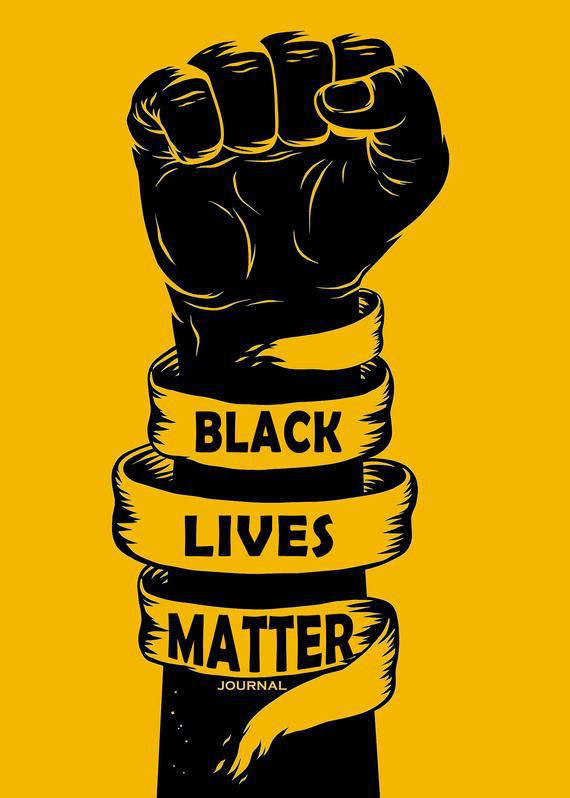On May 25, George Floyd, a 46-year old African American man, died after a Minneapolis police officer, Derek Chauvin, kneeled on his neck for close to nine minutes, which caused his breathing to stop. This happened due to him being accused of passing a counterfeit $20 bill. Other officers present at the time were Tou Thao, J. Alexander Kueng, and Thomas Kiernan Lane. All of the officers present stood by as Chauvin kneeled on George Floyd. Soon after, a video of the killing was posted on social media, and this news caught the attention of millions and millions of people from all around the world, who launched protests to stand up for Black lives and make their voices heard.
Like many other places in the United States, the Black Lives Matter movement grabbed the attention of many in Fremont. In addition to George Floyd, people have also started to bring up the deaths of other unarmed Black people that have been killed by police officers. For instance, a couple of months before the death of George Floyd, another Black victim, Breonna Taylor, a medical worker, was killed by white police officers. Breonna Taylor was killed after officers executed a search warrant for her home in Kentucky and then shot her. Shree Jay, a sophomore at Washington High, talks more about this: “The Black Lives Matter movement brought to our community’s attention the violent, deep-rooted problem that is police brutality. While this may be distressing for many and [may] have slight effects such as property damage, these cons cannot compare to the huge amount of social awareness generated from victims of police brutality.” She goes on to conclude that “George Floyd’s death was the straw that broke the camel’s back. [It was] one of many, many grievances and while we grieve for him we must also push to make his death a turning point in history.” Many others agree. “BLM I feel like positively affected the community,” says Chloe Bleuu, a college freshman at California Lutheran University. She goes on to explain that “the murder of George Floyd made us more aware of the horrible results of systemic racism that happen every single day in America.”
After the video of George Floyd’s death reached the internet, many people across the country had mixed emotions of rage against the officers and sympathy for George Floyd’s family. Kimberly Campisano, a Digital Imaging, AP Art & Design, and Yearbook teacher here at Washington has this to say: “Perhaps the killing of George Floyd recently touched us in a way even more profound because of the unbearably long and undeniably violent video. We begin to imagine what nearly 8 minutes and 40 seconds must have felt like.” Ms. Campisano continues by saying, “Police work is incredibly dangerous and difficult but if they live in fear, they need to confront it. Can you imagine if a teacher treated a talkative Black teen who acted a little rebellious once in a while that way? The statement Black lives matter is simple and profound. Many, not all, authority figures of all races and ethnicities, harbor implicit bias which causes them to unconsciously think that dark-skinned people are somehow more prone to violence and crime. It caused us to treat Black people as individuals, with the same hopes, dreams, faults, talents, and humanity as everyone else. It calls on us to act on beliefs even when it’s uncomfortable.”
Black Lives Matter is a movement that has brought people together and provided hope for the Black community. Although these protests helped everyone be more aware of Black lives, the police officers that killed Breonna Taylor did not get charged for her death, and none of the officers who watched Derek Chauvin kill George Floyd have been charged either. By continuing to stand up for their community, activists are working to make sure that the losses of these precious lives was not in vain.
Prisha is in 10th grade and she grew up in Fremont, California. This is her first year at the paper and she is excited to write. She is interested in writing about global affairs, racism, and poverty. Prisha’s hobbies include reading novels, writing short stories, and drawing. In the future, Prisha is considering a career in business or global affairs where she can study current issues and talk about them and try to spread awareness.

